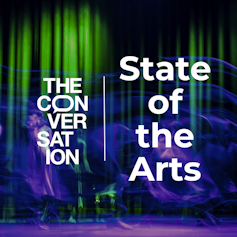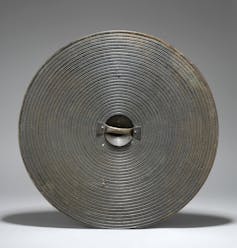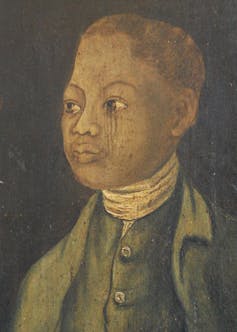I was not surprised to see Plaid Cymru address culture and heritage as a core manifesto issue in the election. As the party of Wales with an aspiration for greater devolution, Plaid recognises the role of cultural institutions in building identity and pride, as seen in its manifesto calls for Welsh control of TV station S4C or for Wales to be represented independently at Eurovision.
Plaid’s manifesto identifies that cultural organisations are at a “critical” level of risk that threatens their existence. Funding for the arts in Wales from national bodies has decreased in real terms by 30% since 2017. This is the highest cuts seen in any country in the UK.
Plaid’s manifesto promises to safeguard “[Wales’s] national collections for future generations”. The party plans to pay for this (and its other pledges) through a revised formula for how much money the country receives from Westminster, and increased taxation on those “with the broadest shoulders”.
What is perhaps more unusual is the presence in the manifesto of what could be described as a decolonisation agenda with a decidedly Welsh national perspective. This plays a part in Plaid’s goal to safeguard Wales’s national collections to benefit the nation.

This article is part of our State of the Arts series. These articles tackle the challenges of the arts and heritage industry – and celebrate the wins, too.
Plaid’s manifesto specifically mentions the Mold gold cape, the Moel Hebog shield and the portrait of John Ystumllyn, which are all held in London. The manifesto states that they “should be returned to Wales and used in a way which benefits the nation from which they originate, rather than be held elsewhere”.
The Moel Hebog shield was discovered in 1784 in a bog in northern Wales and is a near perfect example of a bronze age military shield. The Mold gold cape was discovered in 1833 also in northern Wales and is considered one of the finest gold objects from bronze age Europe.
Both were discovered at a time when there were no public museums in Wales, which is why they were taken to London’s British Museum. This is no longer the case and some academics and activists would like to see these artefacts returned permanently (not on loan) to Welsh institutions.

The specific ambition to return the portrait of John Ystumllyn (1754) to Wales chimes with the mandate for Welsh heritage institutions to take an active part in the anti-racist Wales action plan.
John Ystumllyn was an 18th-century gardener in north Wales, whose surname is taken from the estate in which he was presumed to be enslaved. He was one of the first black people to live in north Wales whose life was well recorded, and as such his portrait could contribute to a national conversation about history of slavery and the origins of wealth in the great estates.
As well as benefiting Welsh collections, Plaid’s manifesto places the return of such objects alongside the fight for other “artefacts which were removed from their original country and are now hosted elsewhere” – like the demands on the British Museum to return the Benin bronzes or the Rapa Nui (Easter Island) Moai. The desire to have items returned permanently also sits very much in line with decolonial (and, for some, more controversial) notions of restitution.
Restitution is not just about facilitating loans within the UK, as featured in the Labour party manifesto, but instead insists on the permanent return of lost or stolen objects as an act of “doing justice for past wrongs”.

Many people agree with demands to return the Benin bronzes, which were violently stripped from their place of origin in Nigeria. Such a stance on returning items from London to Wales offers an interesting insight into attitudes about Wales’ relationship to the wider UK as a former colony and Plaid’s vision of Welsh identity.
Cultural identity and pride are central to a sense of “Welshness” and that must speak to Plaid Cymru’s base. The party’s other promises for their vision for arts and culture speak to a desire for more devolution and a strengthened sense of Welsh identity, including the wish for St David’s Day, Wales’ national day, to be a bank holiday in Wales each year.
While the Liberal Democrats and the Green party have recognised the economic value of cultural tourism, Plaid Cymru manifesto talks of the benefits of tourism for linguistic and cultural diversity. The promotion of the Welsh language features prominently with a promise to have a million Welsh speakers by 2050. This is to be aided by plans to ensure Welsh for all through the education system and support for adult speakers.

